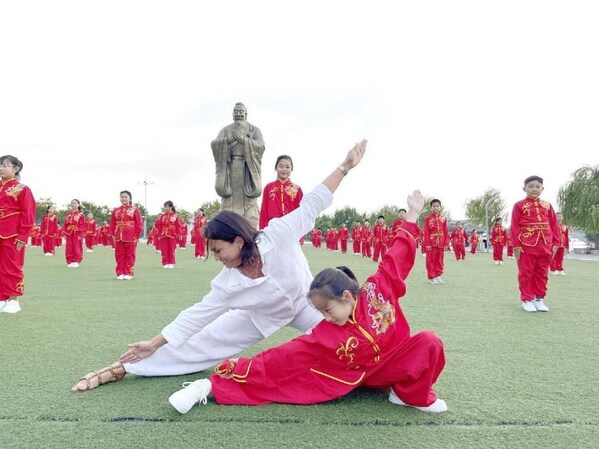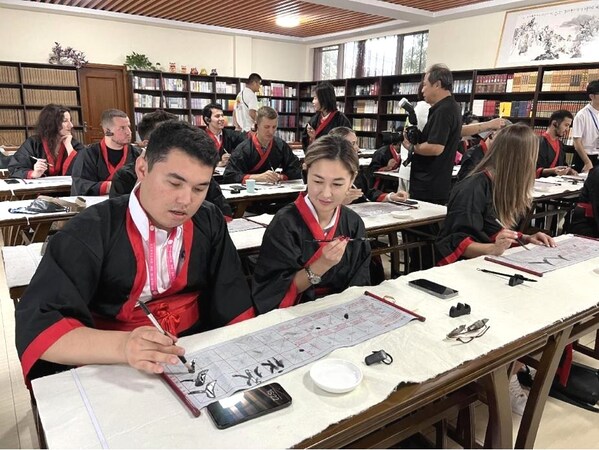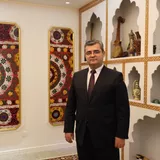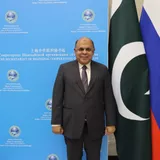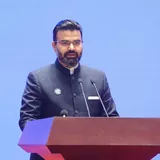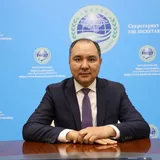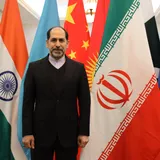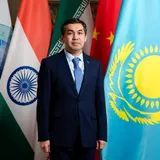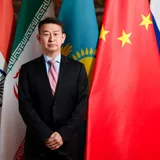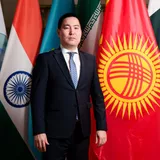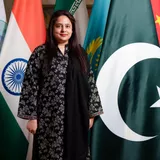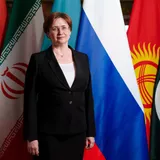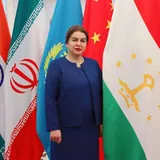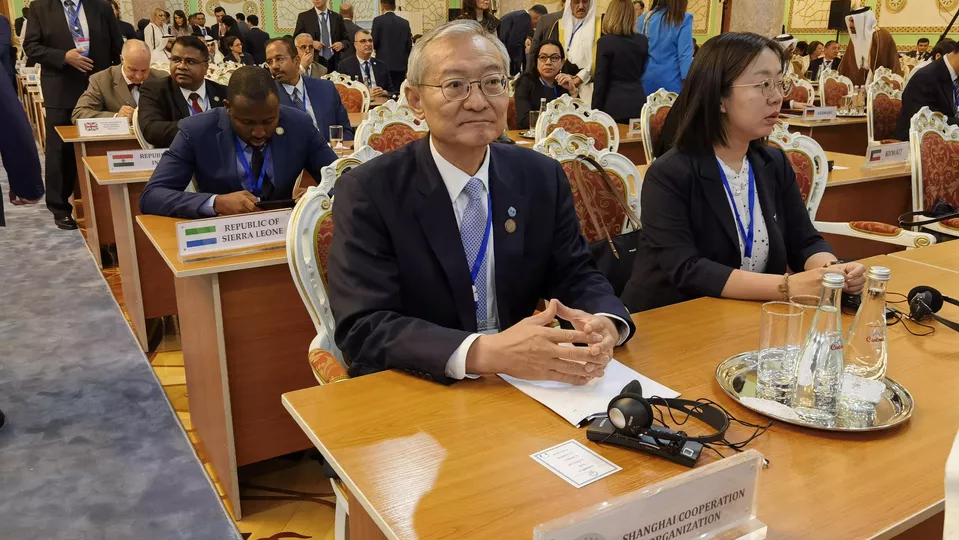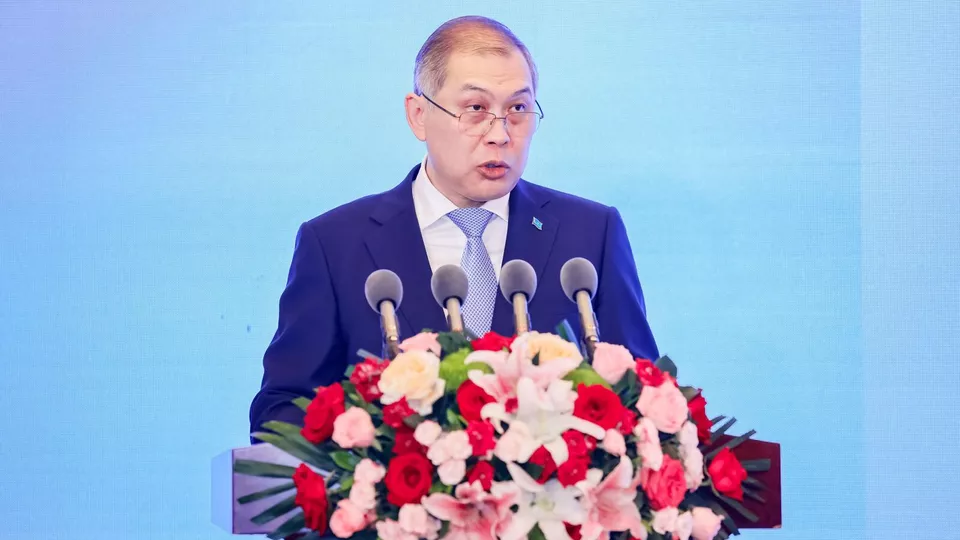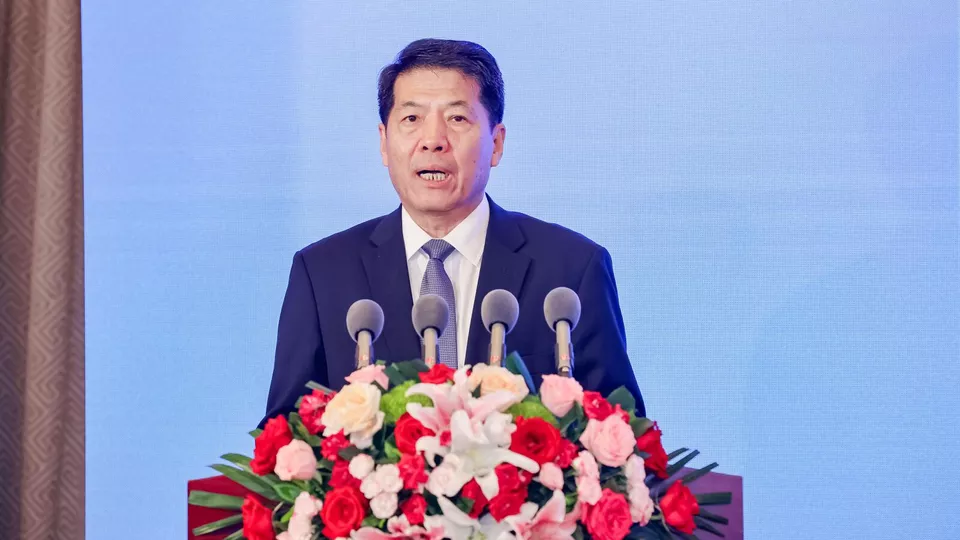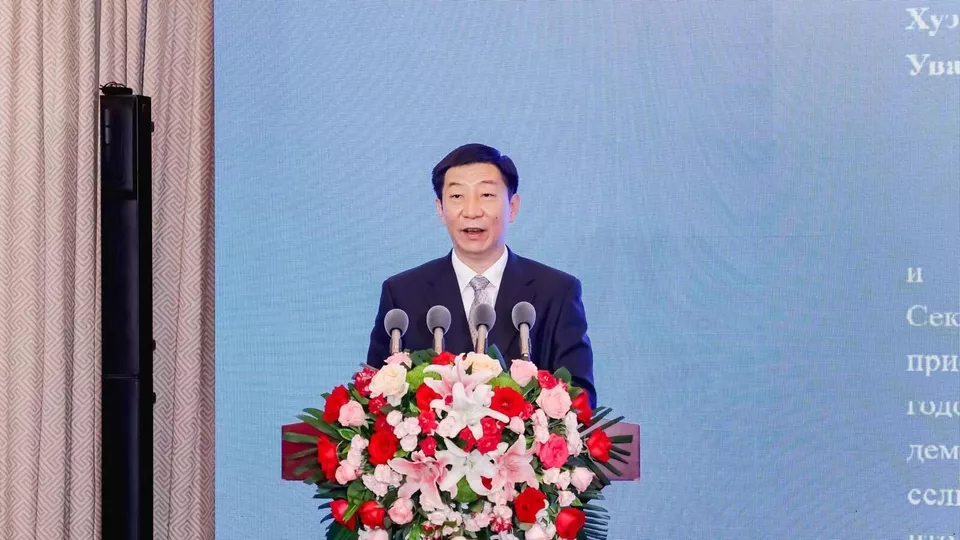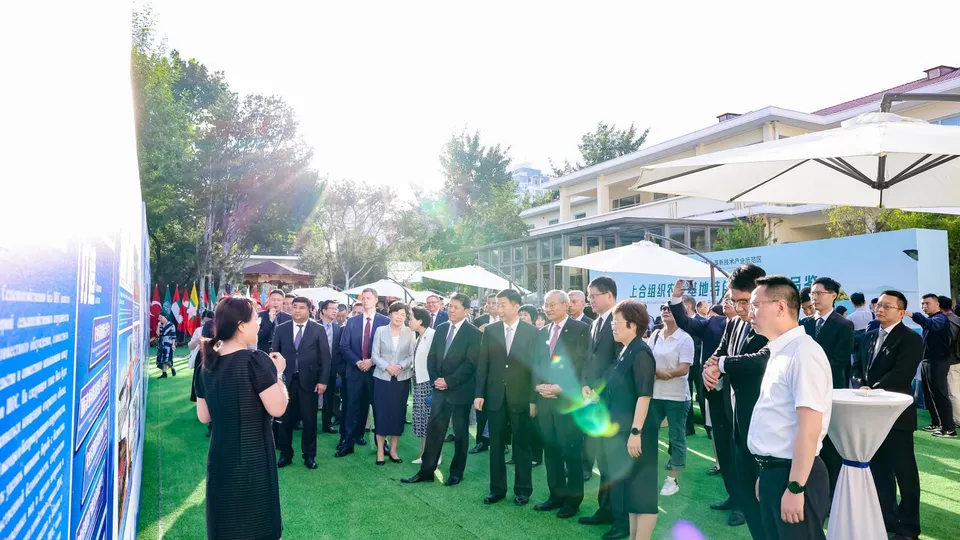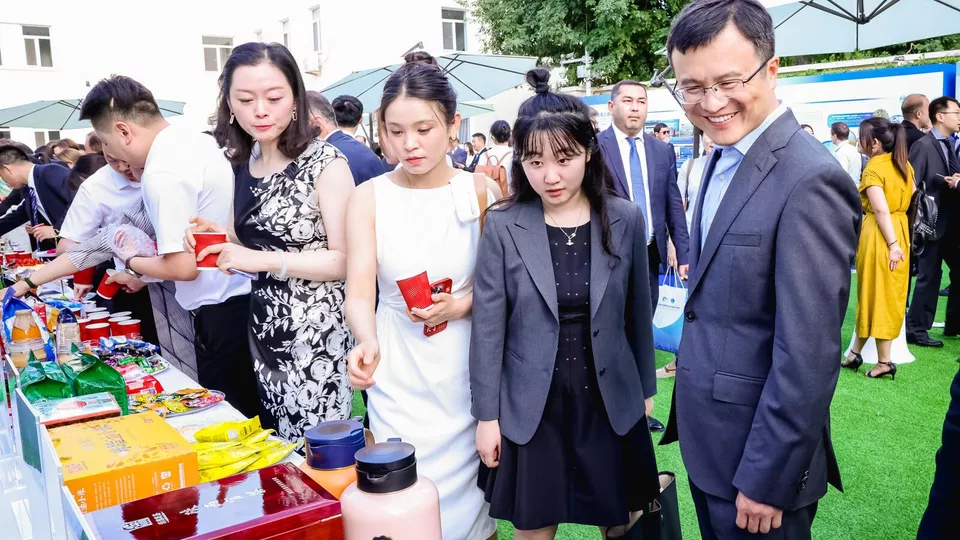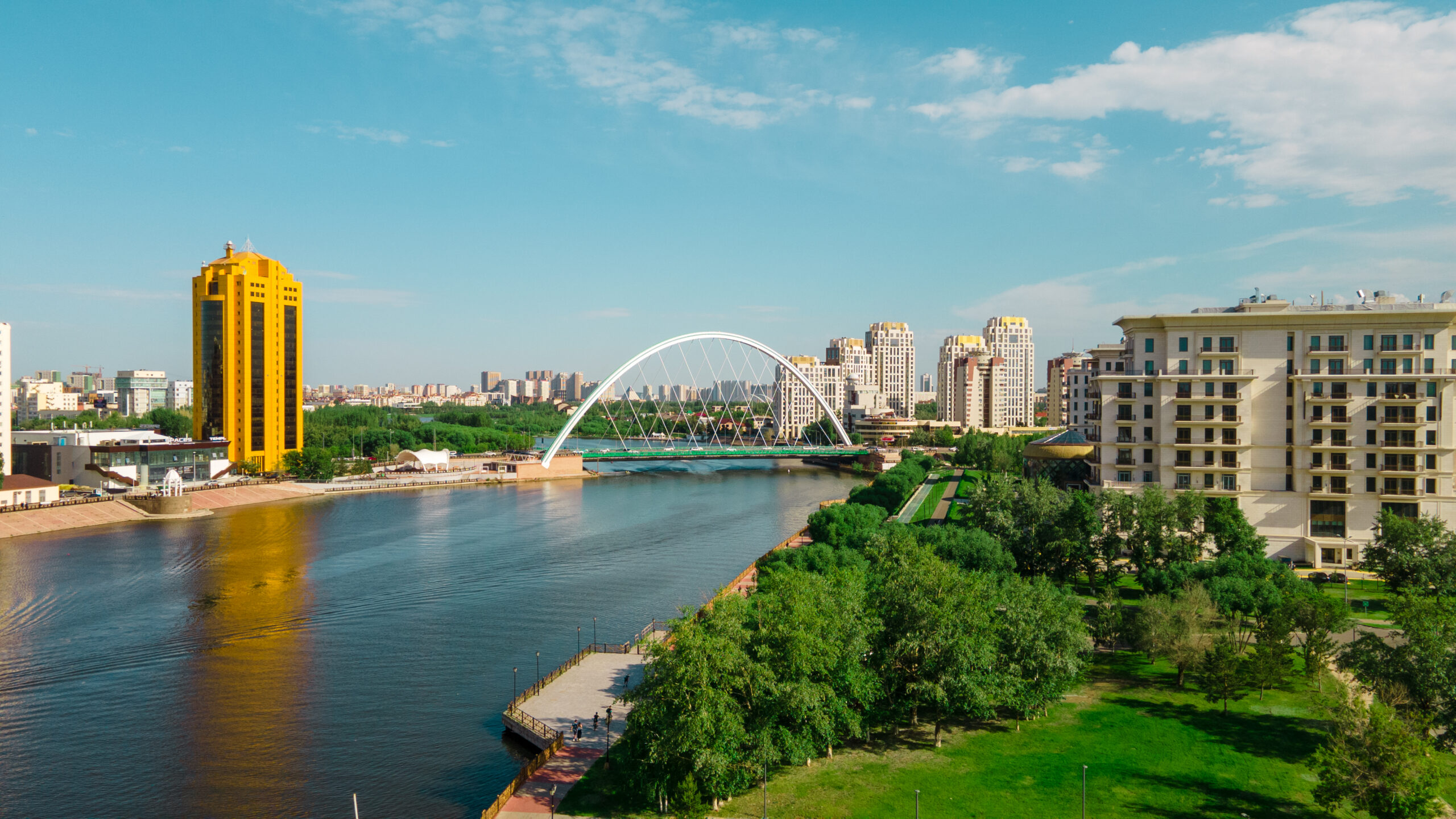Nepal and Shanghai Cooperation Organization (SCO)
- Shanghai Cooperation Organization (SCO) was established on 15 June 2001. It aims to strengthen mutual confidence and good neighborly relations and promote effective cooperation in politics, trade and economy, science and technology, energy, counter-terrorism, among others.
- China, India, Kazakhstan, Kyrgyz Republic, Pakistan, Russia, Tajikistan and Uzbekistan are its members. Afghanistan, Belarus, Iran and Mongolia are the observers and Azerbaijan, Armenia, Cambodia, Nepal, Turkey, and Sri Lanka are its dialogue partners.
- SCO Secretariat is located in Beijing. SCO Regional Anti-Terrorist Structure is stationed in Bishkek, the Kyrgyz Republic.
- SCO has five institutional mechanisms. Council of Heads of State is the apex body which holds its meeting once a year. Council of Heads of Government (Prime Ministers) is the mechanism to approve SCO budget, consider and decide upon mainly economic issues in its meeting every year. Council of Ministers of Foreign Affairs considers issues related to SCO day-to-day activities, preparation of meetings of the Council of Heads of State/Government, among others. Meetings of Heads of Ministries and/or Agencies take place only if decided to convene by the Heads of State/Government. Council of National Coordinators prepares draft agenda and outcome documents for the meetings of Heads of State/Government as well as those of all ministerial meetings.
- Nepal joined SCO as Dialogue Partner after signing Memorandum of Understanding (MoU) with SCO Secretariat on 22 March 2016. Foreign Secretary H.E. Mr. Shanker Das Bairagi and SCO Secretary General H.E. Mr. Rashid Alimov signed the Memorandum in SCO Secretariat in Beijing. The Memorandum defines scope of Nepal’s engagement with SCO in the field of trade, transit and investment, energy, agriculture, small and medium business; security issues; legal and customs affairs; transport and communications; science and technology, education, health, culture and tourism, and disasters.
- Nepali Embassy in Beijing is working closely with SCO Secretariat. H.E. Leelamani Poudyal paid a call on SCO Secretary General on 12 January 2017 and both exchanged views on the possibility of collaboration between Nepal and SCO with a view to promoting mutual interest.
- Nepal participated in the “International Forum for SCO Member States on Legal Service for Silk Road” held on 23-24 November 2016 in Yiwu, China. Secretary of Ministry of Law, Justice and Parliamentary Affairs led Nepali delegation to the Forum. The Meeting agreed to harmonize legal documents of SCO Member States in the implementation of Belt and Road Initiative.
- Nepal took part in the High Level Special Event on “United Nations and SCO: Jointly Countering Challenges and Threats”, held in New York, on 22 November 2016. Permanent Representative of Nepal to New York, H.E. Mr. Durga Prasad Bhattarai attended the event. In his remarks, His Excellency Durga Prasad Bhattarai, Ambassador/PR, shed light on the vision and priorities behind Nepal’s joining the SCO, while expressing Nepal’s commitment to working with fellow members in various areas of common interests.
- Deputy Director of the Executive Committee of Regional Counter-Terrorism Structure of SCO Mr. Zhon Qing held a meeting with Foreign Secretary H.E. Mr. Shanker Das Bairagi at the latter’s office on 23 January 2017. Mr. Qing stated that Memorandum on granting Nepal the status of dialogue partner of SCO has laid solid basis for cooperation between Nepal and SCO. Mr. Bairagi expressed Nepal’s full commitment to the implementation of MoU and also readiness to conclude an additional protocol for deeper engagements within SCO Framework.
- Nepal participated in the SCO Kunming International Marathon organized on the occasion of 15th anniversary of SCO on 17 December 2016. Three Nepali athletes took part in the event.
source-https://mofa.gov.np/nepal-and-sco/





